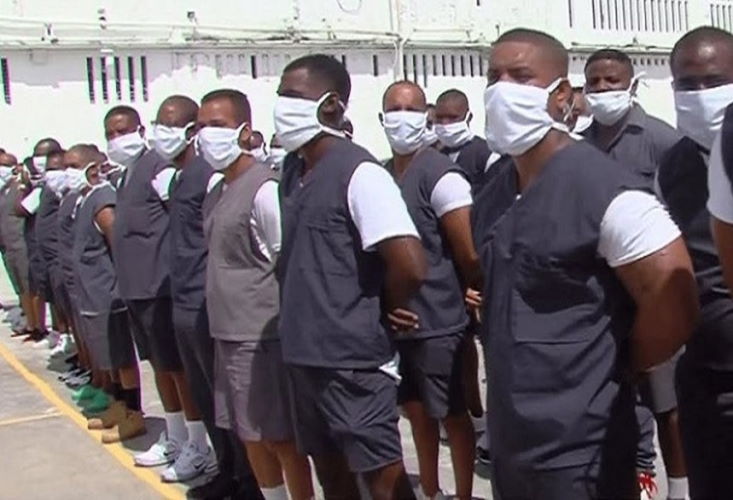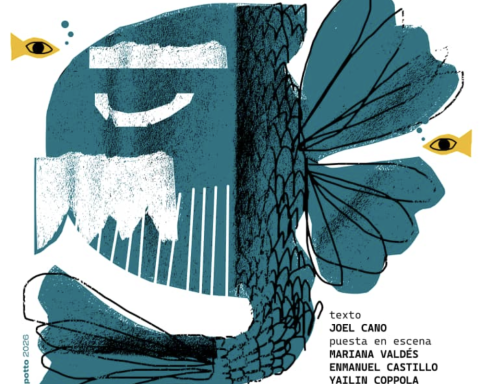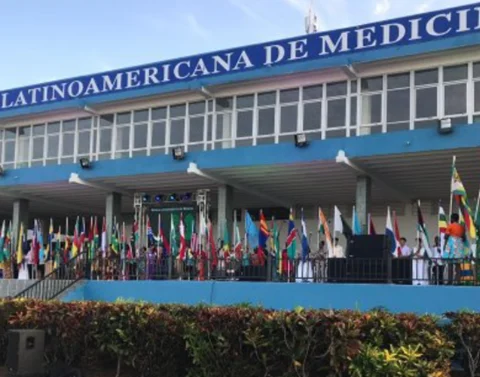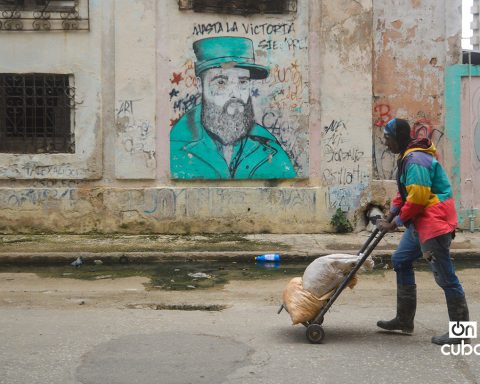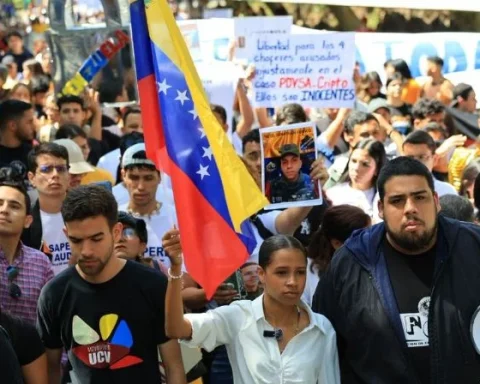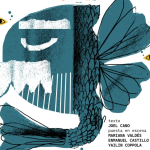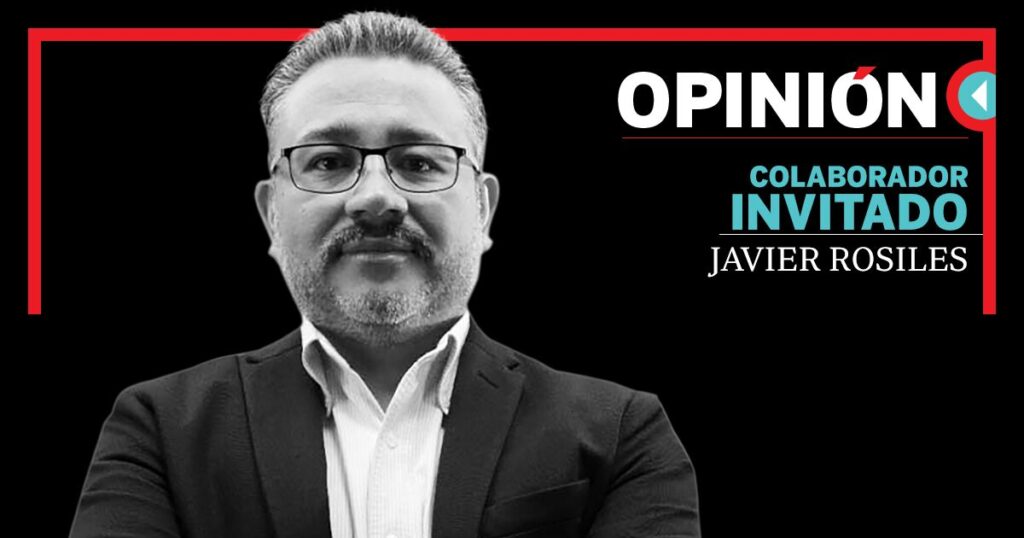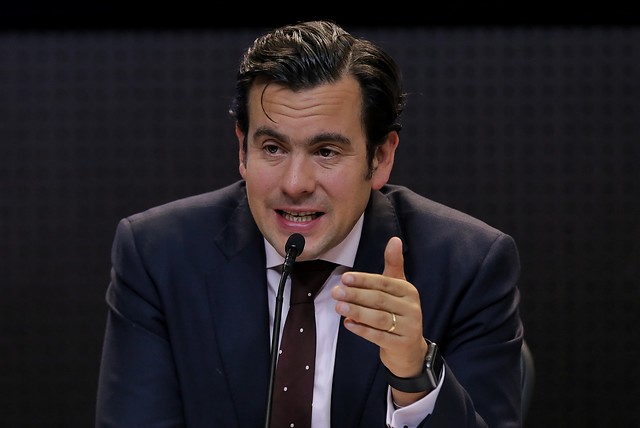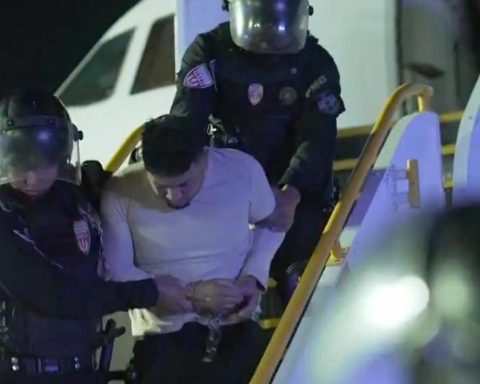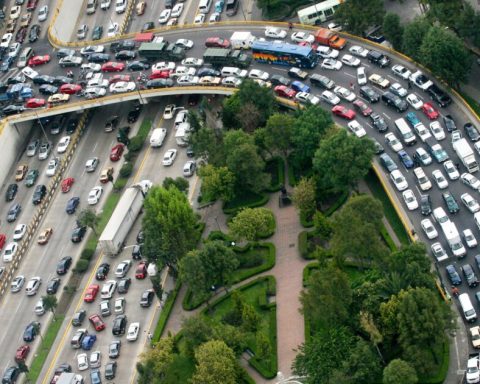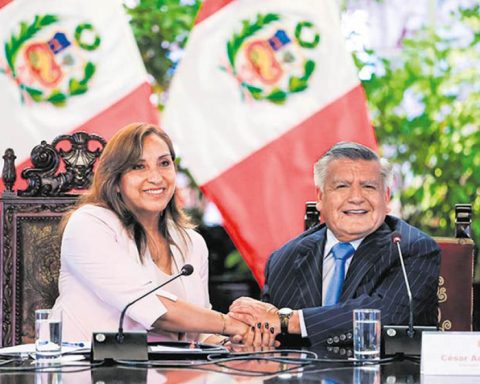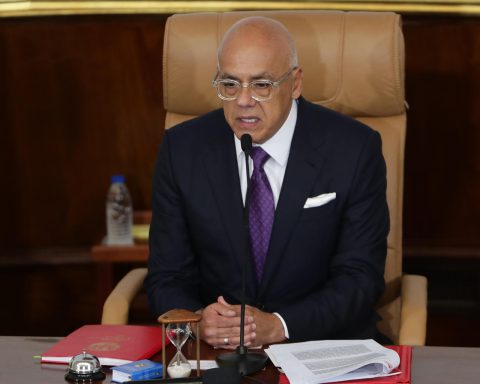Havana Cuba. — The political radicalization of common prisoners is a phenomenon that has been seen in Cuban prisons for more than thirty years. Among the causes that have led to the emergence and subsequent consolidation of the phenomenon, we could cite the influence of political prisoners and the awareness as a result of the injustices suffered by this group of sanctioned prisoners.
It is undeniable that the dignity and heroism of the political prison, which emerged in Cuba almost with the triumph of Castroism, has had a great influence on the emergence of this phenomenon. Until the mid-1980s, Cuban political prisoners served their sentences separately from common prisoners. Despite this, many times the Ministry of the Interior (MININT) used – still does – the common people to confront politicians, because the prison is a kind of cesspool of society in which numerous unscrupulous people are found, precisely those that the repressors use to fulfill their objectives.
Despite the aforementioned separation, practices such as “el plante” —of undoubted genesis and political connotation— were introduced among common prisoners as a way of fighting against the arbitrariness of officials or as a form of pressure to satisfy claims.
It is obvious that the elimination of such separation is due to the fact that in Cuba the existence of political crime is not recognized. In fact, one of the historical practices of the Castro dictatorship has been to sanction political opponents for common crimes with the aim of denigrating them before national and international public opinion.
However, with that separation abolished, the influence of political prisoners has only grown.
The Cuban political prisoner is characterized —with exceptions, which always exist— by having more culture than the common prisoner. It can be said that he is better informed and has a more accurate point of view about what is happening in our society compared to common prisoners. That position pays many dividends in the ideological struggle that is being waged in all Cuban social spaces, including prisons.
Sometimes, the long hours of confinement or the moments of sharing in the solera or the dining room become propitious spaces for bitter debates where the runners of the dictatorship are left very badly off, including simple officials and officials, who, defeated by force of reason, they have no alternative but to use forceful reason against their ideological adversaries.
Another aspect that distinguishes political prisoners is their cohesion and behavior. Not a few manifest religious faith. Many of them generously help those in need, despite the extreme precariousness of prison life and the fact that they are more likely to be deprived of visits than other inmates, something that results in a lack of food and medicine.
Political prisoners are also distinguished by their unyielding position in the face of injustices and violations of their rights, and this is well known to MININT officials. There is no doubt that such behavior generates admiration among common prisoners, to the extent that some of them become aware of our reality thanks to these examples.
But there are also common prisoners who are radicalized by suffering in their own flesh injustices initiated in the police units and then ratified by the Prosecutor’s Office and the courts.
In 1999 I heard about the case of two prisoners who were politically radicalized when they discovered that no recourse or letter addressed to the country’s political authorities had achieved justice for their cases. One of them received a four-year prison sentence because he had allegedly offered information so that some of his neighbors would leave the country through the area of the US Naval Base. Including him, there were four involved in the case. Three denied the accusation, one accepted it. That was enough for the court to sanction them all.
The other case is also illustrative of the cruelty of the Cuban justice system, the impunity with which MININT officials act, and the helplessness of citizens. The citizen I am referring to agreed with three neighbors to go to a state farm and slaughter a cow. According to his testimony —which I was able to verify by reading the sentence— each of them took a hundred pounds of meat, but they had the misfortune of being surprised on the way back by peasant patrols working for the police.
Given the facts, all the defendants admitted guilt in the Provincial Operations Unit of the MININT of Guantánamo. But what seemed to be an expedited case was not, simply because the head of that unit had the idea of charging them, in addition, with 23 cases of Illegal Theft and Slaughter of Livestock that had not yet been clarified, a practice that is still common in the province.
In order for them to recognize these acts, most of them committed years ago, they were detained and held incommunicado in that unit for nine months, until they had no choice but to send them to provisional prison. They were then sentenced to no less than a whopping 35 years in prison.
The harsh reality of these people who have made the decision to become opponents of the dictatorship inside Cuban prisons, where the repression of the dictatorship reaches its cruelest and most unpunished facet, is that they cannot be recognized as political prisoners. However, they receive the same repression, harassment, surveillance and deprivation of rights as other political prisoners. All of them are considered counterrevolutionaries and their prison records are marked with two very large red letters: C/R.
If any news related to them transcends the scope of the prison and the Cuban authorities feel compelled to offer any information about it, they will undoubtedly quickly turn to the background of these inmates to discredit them as common criminals.
With the increase in the number of people imprisoned in Cuba for political reasons and the permanence of a corrupt administration of justice system, there is no doubt that this phenomenon will continue to grow.
OPINION ARTICLE
The opinions expressed in this article are the sole responsibility of the issuer and do not necessarily represent the opinion of CubaNet.
Receive information from CubaNet on your cell phone through WhatsApp. Send us a message with the word “CUBA” on the phone +1 (786) 316-2072, You can also subscribe to our electronic newsletter by giving click here.
